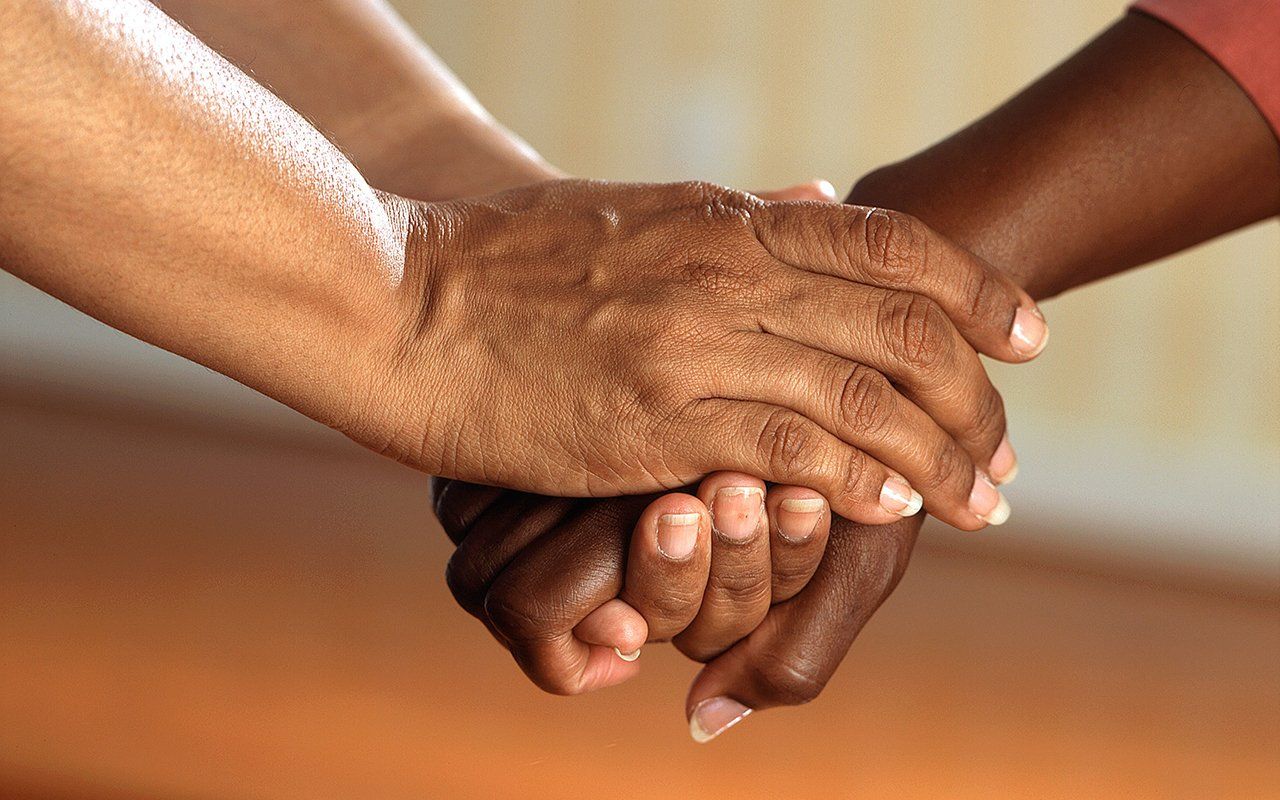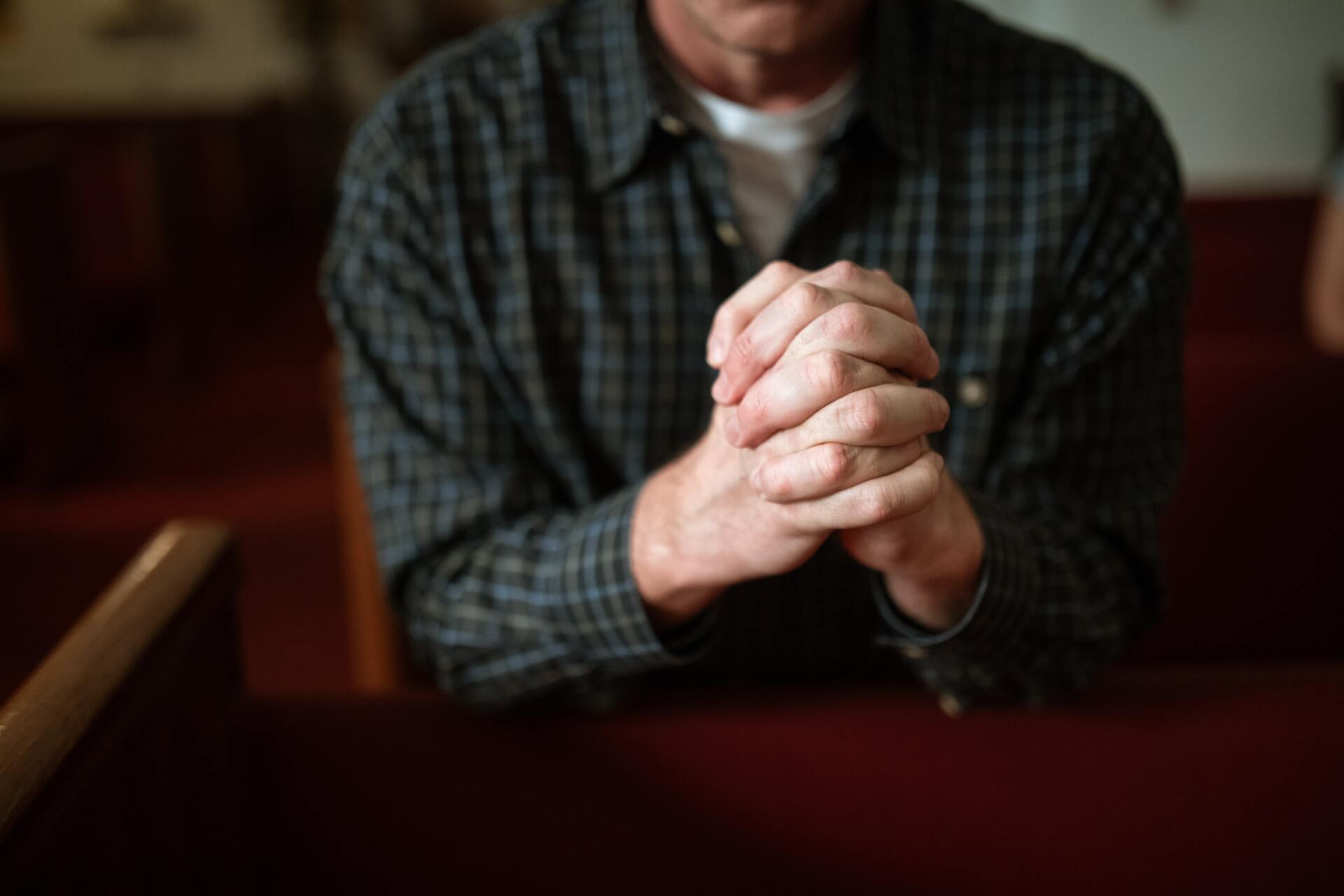Why The First
5 Minutes of a Confession Matter
While it may feel awkward at first, confession is a freeing experience for a member.
Did you know that the first five (5) minutes spent with a member confessing sin can determine their path forward? At times, it can be difficult to know how to help them, but I've put together a simple and easy-to-follow process.
Confession to a bishop starts as an act of self-revelation. It gives members of the church an opportunity to tell God everything we've done wrong, ask for forgiveness, and start anew through the repentance process. As you know, being a bishop it can be a liberating experience to watch members repair their relationship with Jesus Christ and our Heavenly Father. Likewise, did you know how you react, treat, and even engage with a member in the first five minutes of your meeting may determine their success? For example, if a member feels safe, love, and support they are more able to move forward and help heal. Unlike those that feel the opposite tend to relieve the guilt of living in sin and may move towards further sins against God, eventually fading away from the church altogether. However, there is hope to ensure all members of your congregation are able to complete the repentance process.
There are many examples, steps, and benefits you can use to help those during confession. Here are some of them.















